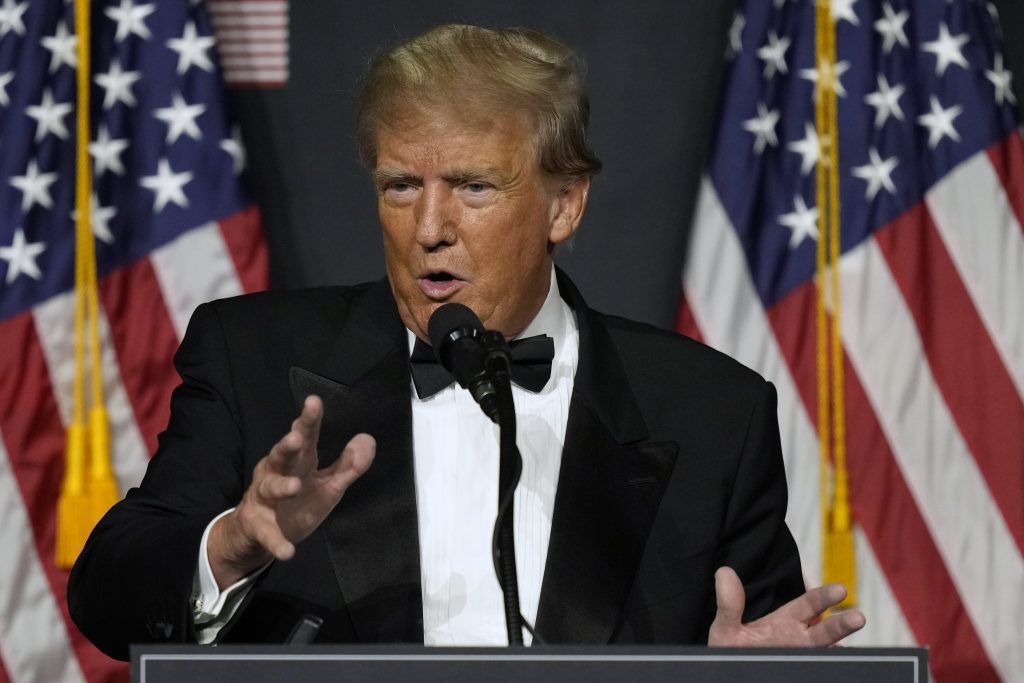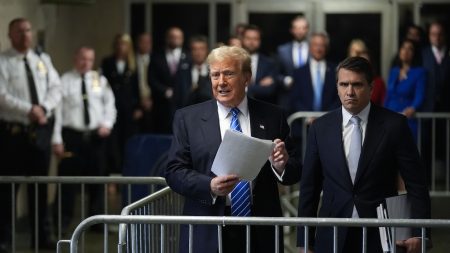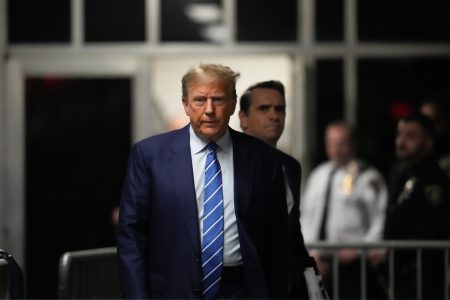The FBI's probe into former President Trump's handling of classified documents was given the code name 'Plasmic Echo,' as revealed in publicly available court documents on Monday.
The name was disclosed in unredacted court documents submitted on Monday as part of the case regarding the former president's handling of classified documents. A document from the FBI included in the court filings contains a case ID, which was hidden, along with the text, 'PLASMIC ECHO; Mishandling of Classified or National Defense Information.”
The document, dated Feb. 22, 2024, represents the FBI's overview of its initial examination of the documents received from the National Archives. It stated that 12 of the 15 boxes returned by Trump that year contained classified documents.
This overview was one of many pages of evidence included by Trump's legal team on Monday to demonstrate the former president's efforts to obtain additional records from the government for the case, according to CNN.
The Hill reached out to the FBI and the Department of Justice for comment.
The former president is facing 40 charges of mishandling classified records and trying to impede the government's retrieval of those records after leaving the White House in 2021. Prosecutors allege the documents contained national defense and weapons information, some of which were labeled as top secret.
The government's retrieval of over 300 classified records involved an FBI search of Trump's Mar-a-Lago property in August 2022.
U.S. District Judge Aileen Cannon recently rejected denied the former president's attempts to dismiss the case by arguing that the records could have been considered personal records.
Trump stated that he had classified the records in question as personal under the Presidential Records Act before leaving the White House. However, Cannon ruled that the Presidential Records Act does not “provide a pre-trial basis to dismiss.”
Trump is primarily being prosecuted under the Espionage Act, which prohibits the intentional retention of national defense information. Additionally, he is charged with obstructing justice by trying to conceal the records from authorities after they requested their return. Prosecutors argued that the PRA had no impact on Trump's ability to hold onto the documents.









